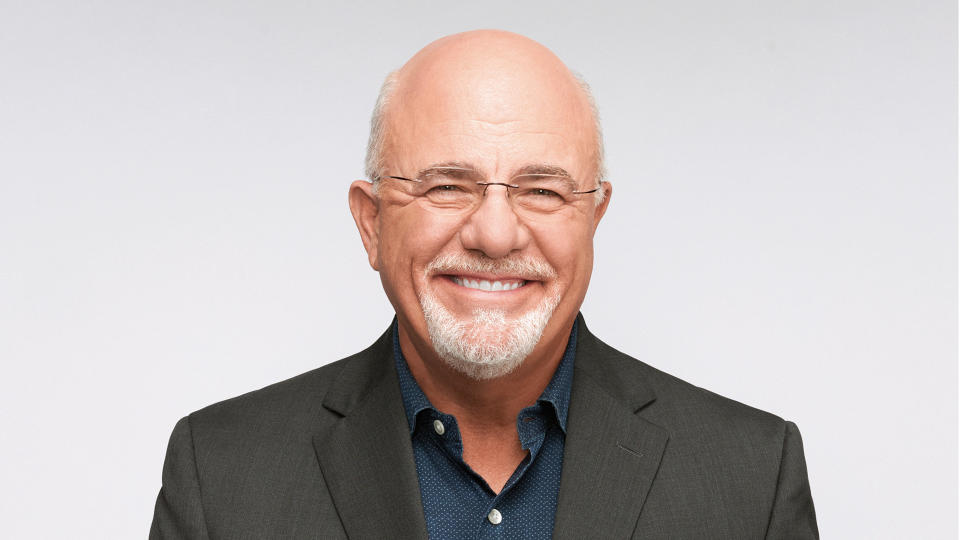Dave Ramsey Says 401(k)s Have a Big Tax Downside – Pick This Retirement Plan Instead

Like all financial decisions, retirement planning should be unique to your preferences, resources and needs. With pensions at a premium and the future of Social Security increasingly insecure, most turn to the most common types of retirement savings plans: 401(k) plans and investment retirement accounts (IRAs).
Read: 6 Things Retirees Shouldn’t Spend Big Money on While Traveling Abroad
Find Out: One Smart Way To Grow Your Retirement Savings in 2024
For personal finance guru Dave Ramsey, one retirement account option stands apart from the rest. Ramsey recommended contributing to a company-administered 401(k), but not necessarily the traditional version. “We always recommend the Roth option if your plan offers one,” said Ramsey.
Roth 401(k)s are a relatively new type of retirement savings plan. Established in 2001 through the Economic Growth and Tax Relief Reconciliation Act (EGTRRA), Roth 401(k)s combine the best features of both Roth IRAs and 401(k)s. Here are the notable differences between Roth 401(k)s and their IRA and 401(k) counterparts.
Sponsored: Credit card debt keeping you up at night? Find out if you can reduce your debt with these 3 steps
Roth 401(k) vs. 401(k)
If offered, an employer-sponsored 401(k) retirement plan is one of the best ways to create a secure financial life after work. Among the many advantages of participating in a 401(k) program are deferring taxes on contributions and earnings until you tap them at retirement (lowering your taxable income) and taking advantage of employer-matching contributions. For many, the Roth version of a 401(k) could prove to be an even better retirement option than a traditional 401(k) account.
Contribution limits for both Roth and traditional 401(k) plans are the same: $22,500 in 2023, up from $20,500 in 2022. However, the difference between these two types of 401(k)s is that employee elective contributions for traditional 401(k)s are made with before-tax dollars whereas Roth 401(k)s are funded with after-tax money, enabling you to withdraw your savings tax-free when you hit retirement age.
Depending on how you want to contribute — whether you want to pay taxes now or later — and what you think your tax rate will be in retirement, a Roth 401(k) may be an ideal choice for some working investors. Although your paychecks will be smaller than if you are participating in a traditional 401(k) program, when you retire, all the funds you have contributed will be yours, without any tax burden.
See: I’m a Retirement Expert: These 8 Countries Are Better for Retirement Than America
Roth 401(k) vs. Roth IRA
Likewise, Roth 401(k)s hold similarities and differences to Roth IRAs. Both Roth investment opportunities are made with after-tax dollars, so when it comes time to taking required minimum distributions (RMDs), you can do so without paying taxes or penalties.
Of course, Roth IRAs, unlike traditional IRAs and Roth 401(k)s, don’t require you to take RMDs at any time, giving you the opportunity to contribute and grow your retirement account indefinitely. However, a Roth 401(k) will help you avoid the income eligibility limitations stipulated by Roth IRA regulations. You can not only contribute if you earn a high income but you can commit more than you would to a Roth IRA, per the IRS.
Roth IRAs are a popular choice of retirement account because they offer a wide range of investment options and can be comparison shopped. Your Roth 401(k) investment is dictated by your company’s plan administrator, but if your company is matching your contributions, that’s probably a feature that will trump any IRA investment choices.
Like Dave Ramsey, many financial consultants are extolling the virtues of Roth 401(k)s as a great investing option. No one wants to pay taxes, but paying them slowly (and up-front) will save you significantly in the future. Regardless of your choice, when deciding on which retirement savings plan to grow, the important thing is to start as soon as possible.
More From GOBankingRates
Dave Ramsey: Why You Shouldn't Buy a New Car/Take Out an Auto Loan This Year
5 Reasons You Should Consider an Annuity For Your Retirement Savings
This article originally appeared on GOBankingRates.com: Dave Ramsey Says 401(k)s Have a Big Tax Downside – Pick This Retirement Plan Instead

 Yahoo Finance
Yahoo Finance 